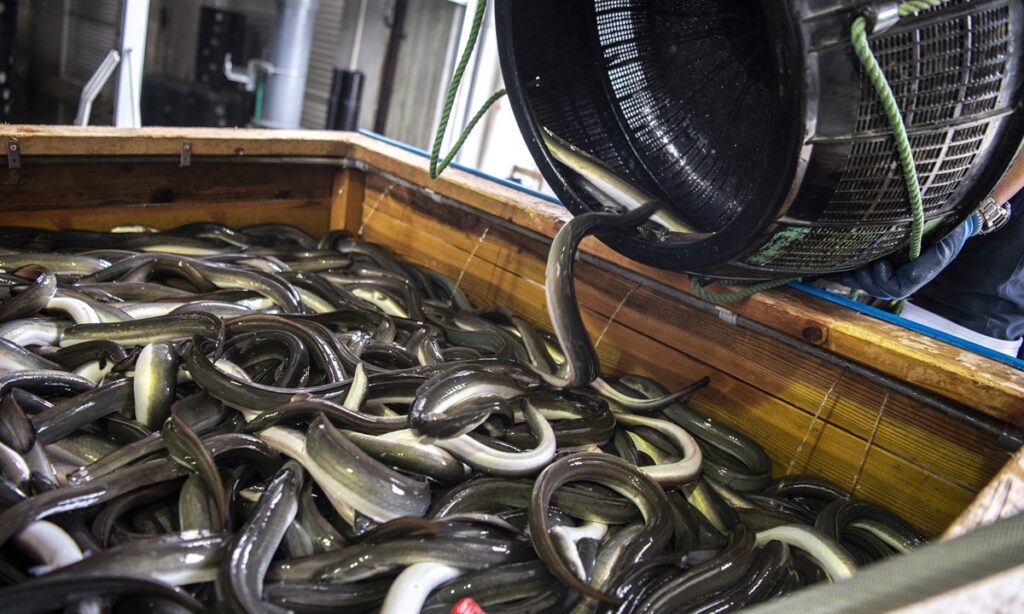The China Fisheries Association on Friday called for a halt to cooperation with the Japanese fisheries industry over the country’s plan to dump nuclear wastewater into the sea. It comes after Chinese customs authorities moved to ban food imports from Japan.
An executive at the China Fisheries Association called for a suspension of cooperation with Japan in the fisheries industry and a halt to bilateral trade in the sector if Japan persists in dumping the wastewater.
“Our fisheries industry can still develop well without Japan,” the executive told the Global Times on Friday.
The General Administration of Customs (GAC) announced on Friday a ban on imports of food from Japan’s Fukushima and nine other regions. The GAC said that the issue of dumping nuclear-contaminated water into the ocean from Fukushima has become a global issue of concern. It has also raised concerns among Chinese consumers about the safety of imported Japanese food.
Chinese consumers are undoubtedly worried about whether aquatic products will have radiation contamination in the future, while some people have retained a wait-and-see attitude, Cui He, president of the China Aquatic Products Processing and Marketing Alliance told the Global Times on Friday. But some industry insiders have been expressing their dissatisfaction, Cui noted.
The exact impact on the Chinese aquaculture industry is still unknown, Cui said, adding that China does not import a lot of aquatic products from Japan. And imports of sashimi are mainly from regions that are far from Fukushima.
For food products from other regions in Japan, especially aquatic products, strict examination of the accompanying documents will be conducted, and inspections will be implemented, according to the GAC.
Chinese authorities have been implementing entry management procedures for food products from Fukushima since 2011, according to media reports.
Since the beginning of the year, multiple Chinese firms have been fined for selling Japanese products ranging from wine to candy imported from regions affected by the nuclear radiation, the Beijing Daily reported on Friday. For instance, a company in Chengdu, Southwest China’s Sichuan Province was fined 30,000 yuan ($4,149.67) for selling a wine product from Fukushima.
Experts reminded consumers to choose reputable merchants, to be aware of product origins, and to alert market regulators if there are any concerns, per the Beijing Daily report.
(Global Times)




